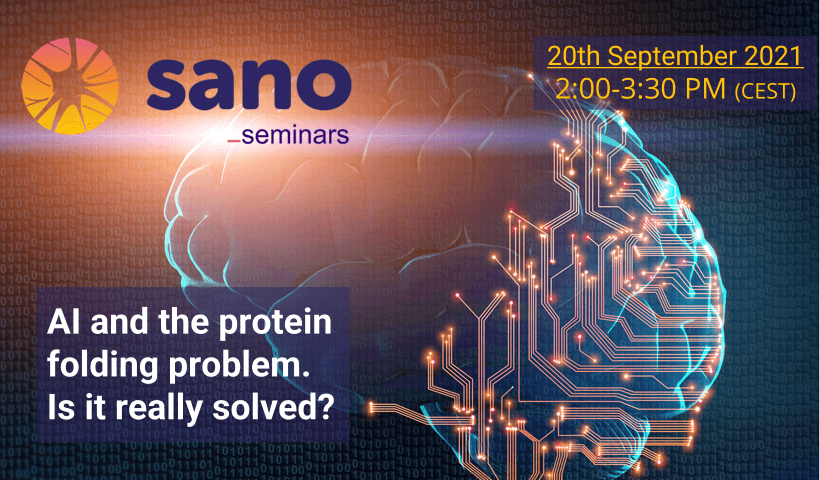Protein folding has been the secret proces in biology. Specific sequence of 20 different amino acids in different proportions determines the 3D structure. The same proces of particular protein folding is repeated many times during the organisms life. Proteins perform it correctly every time.
So far nobody knows how do they do it, till the 2020 when the Artificial Intelligence technique applied to protein folding delivered correct (about 90 % accuracy) structures for almost all targets.
This is a very good news for farmaceutical industry. The drug design requires the structure of target protein to correct its unproper activity.
The only thing we may do, it is to congratulate the specialists in AI for achieving this goal.
However two fundamental questions remain without any answer:
- How do the proteins fold – what is the mechanism of the folding proces ?
- Amyloids – the proteins which demonstrate two fundamentally different structures without any changes in their sequence (no mutation) – How it is possible for them to accept two different 3D structures ?
Prof. Dr. Irena Roterman-Konieczna – head of Department of Bioinformatics and Telemedicine at Jagiellonian University – Medical College 2000-2020. IR-K educated in theoretical chemistry is involved in bioinformatics – structure and protein folding and systems biology. She is the author of the fuzzy oil drop model for protein folding simulation taking into account the active participation of water environment. This model appears to be able to identify the biological activity of protein as well as the recognition of the mechanism of amyloidosis [From globular proteins to amyloids – Ed IR-K, Elsevier 2020]. The proposal to treat the negative feed-back system as the functional-structural unit to construct the proteome to keep the homeostasis is expressed in Systems Biology – Ed. Leszek Konieczny, IR-K Springer 2012. IR-K is the author of educational program addressed to medical students in “Simulation in Medicine” – two volumes: Ed IR-K Walter de Gruyter 2015 and 2020. IR-K is also the Chief Editor of the journal “Bio-Algorithms and Med-Systems” published since 2000. The journal is focused on implementation of programming in medicine for the whole spectrum from basic research to practical medicine.





